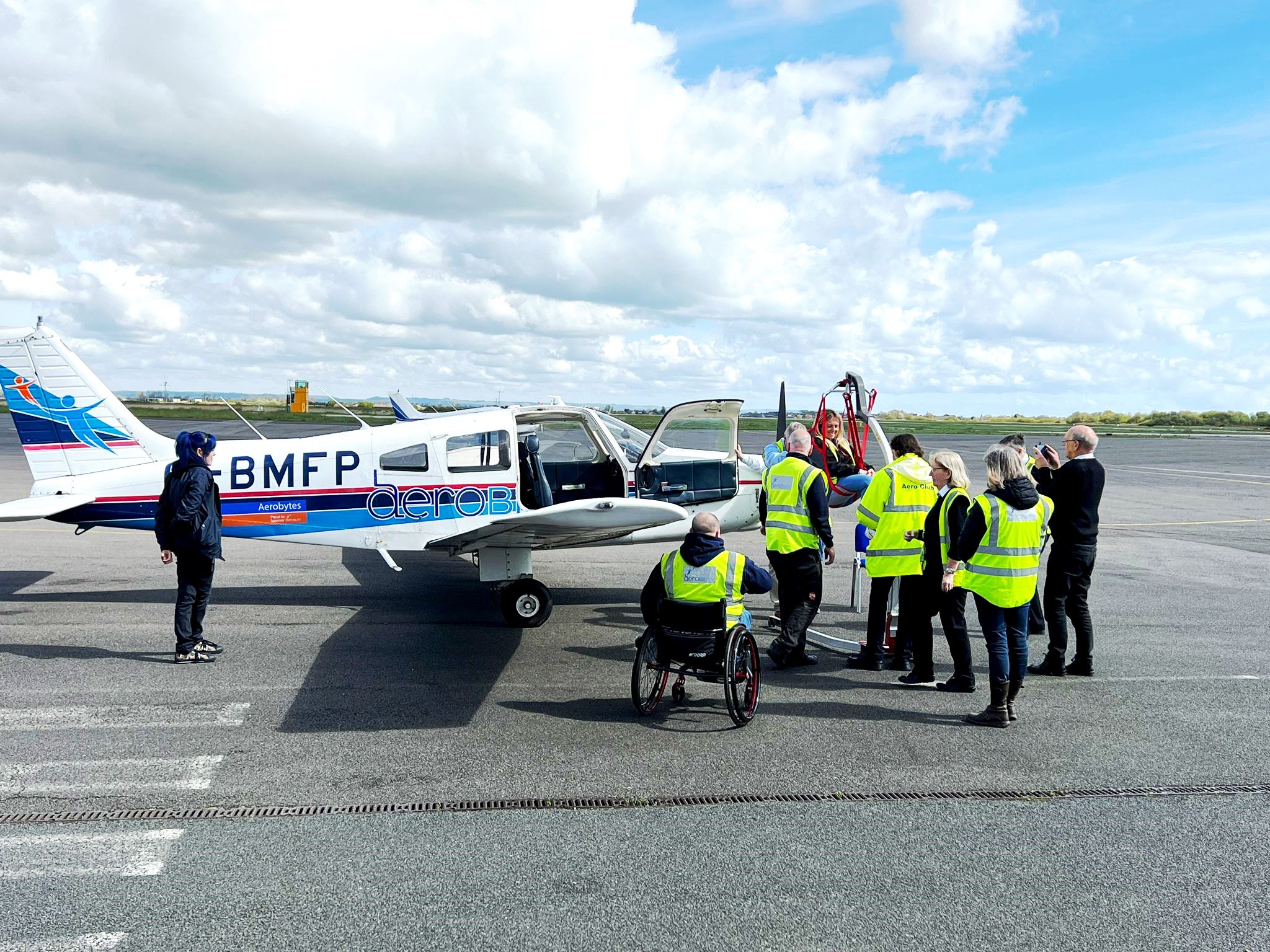SIG drives JJ Churchill targets

Engaging in SiG has helped the company set a vision and strategy for the future. It also enabled JJ Churchill to weather the turbulence in the oil and gas sector and, at the same time, reshape the business with a greater focus on the aerospace market.
Andrew Churchill, Managing Director of JJ Churchill, explained: “Working with SiG we were able to identify the structural and process weaknesses in the business and to put a plan in place to address these. And this wasn’t just at a strategic level. The SiG team supported our teams to implement structured problem solving.”
One of these was a metrology issue, where recordings from JJ Churchill’s CMMs did not match the results from the customer’s CMM. This posed a real problem as parts inspected by JJ Churchill with accompanying metrology documentation did not match that of the customer, leading to parts being rejected.
As part of the SiG programme, measurement experts the National Physical Laboratory (NPL) worked alongside SiG and JJ Churchill’s engineers to develop capability.
JJ Churchill’s Quality Manager Paul Oldfield said: “All our CMM readings showed an exact match with the drawings the customer provided, but these were not replicated when the customer checked. Our CMM and the customer’s were telling two different stories.
“The problem was fundamentally with the two different sets of algorithms used by the two different CMM brands: measuring an aerofoil surface is not straightforward.
“When we showed this to the customer, we were able to explain the reason for the variations and to re-establish our quality credentials. We learnt a valuable lesson in the use of metrology. We also, with SiG’s support, spread quality skills around the company, for example with Gauge R&R and FMEA (Failure Mode & Effects Analysis) training.”
And this is one of the key achievements of SiG at the company – enhancing the skills of the workforce.
As part of the SiG programme, Continuous Improvement Engineer Pete Manton led an NVQ initiaitve to enhance skills, which gave the two teams of eight complete autonomy in solving three production problems. At the same time, it generated a potential benefit to the company of almost £500,000 per year and had a positive impact on staff motivation and productivity.
He explained: “There were three main parts to the NVQ project – reducing waste in an aerofoil development programme; reducing damage to a production part; and lost staff time across the organisation.
“We addressed each of these in a structured way, using several operational techniques such as fishbone diagrams, value stream mapping and statistical data analysis to solve the problems.
“This resulted in a wide range of benefits: reduced time spent looking for tools; material for jobs easily identified; improved layout; time saved cleaning down machines; improved visual appearance of work areas; 5S checklists in place; SOPs in place. And each member of the team achieved an NVQ qualification.
“Personally speaking, I have been able to develop my role and I now play a much greater part in ensuring communication is efficient, with the whole company acting as one team. We couldn’t have done any of this without SiG.”
The focus on communication is one that Sarah Penny, Production Scheduler for Aerospace, builds on.
Sarah, who was one of the first of 25 new recruits during the SiG programme, said: “SiG helped the company establish that there was a need for my role, so I thank them for that. Also, I’ve been given free rein to drive JJ Churchill’s scheduling and SiG has ensured I built on the skills I had already developed and left me feeling empowered in my role.
“Since I started at the end of 2015, I feel I have grown as the role has grown and that I have put my own stamp on ways of working, enabling me to develop effective and efficient methods. And I think one of the most important aspects is communication – there is no point developing schedules if all they are going to do is sit in a desk drawer. Communicating with the various production teams is one of my favourite parts of the job.”
So JJ Churchill was, and is, deploying SiG at all levels of the company, across all functions. Andrew Churchill added: “We rolled the SiG blueprint throughout the company. This enabled us to weather the downturn in oil and gas. It supported us to in bringing in fresh blood to complement the existing skills within the company. And we were able to run two cohorts of employees through an NVQ initiative.
“SiG gave us access to experts across a range of functions, including Lean and logistics, who sit in our management meetings. Their coaching adds real value to our working processes and systems. This level of expertise would normally not be available to a company of our size.
“We are also now engaging with the High Value Manufacturing Catapult to enable our company to take the next significant step forward: in advanced automation.
“Mentoring from SiG has enabled us to re-shape the business and put in place a regeneration plan, supporting a transition where we look at customers and markets from a new perspective. We are now endowed with modern manufacturing processes and best-practice systems.
“We track performance with layered KPIs and we’ve been able to make the most of the opportunities we have found, doubling our aerospace business while maintaining core competencies in other industrial markets.
“SiG is an excellent example of the Government and the engineering industry working together to make our industry more effective, more efficient and future-proofed. This is increasing opportunity, sales and jobs. And with the resurgence of Industrial Strategy as a political imperative, we know that we have the support we need.”
Said SiG Chief Executive Officer Andy Page: “Sharing in Growth is an intensive four-year programme designed to transform the productivity and competitiveness of the UK aerospace supply chain. So it is great to see how JJ Churchill has embraced the learning, implemented best practice, grown in confidence and delivered tangible results. By developing skills across the business, they will ensure sustainable benefits for the company and their customers.”














